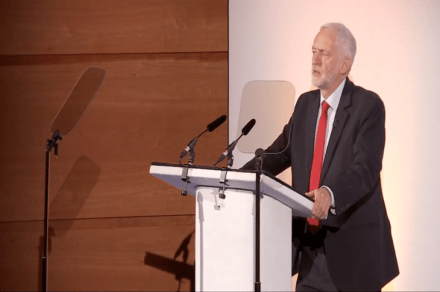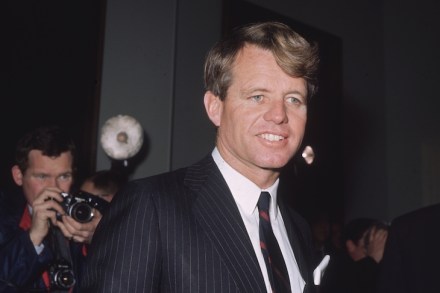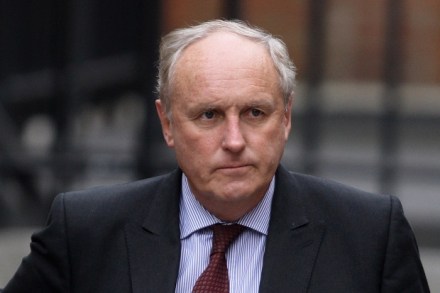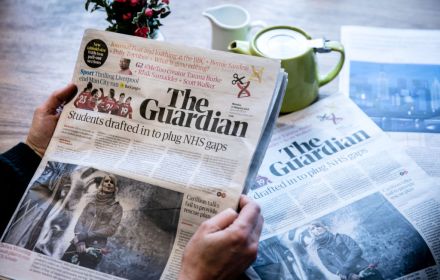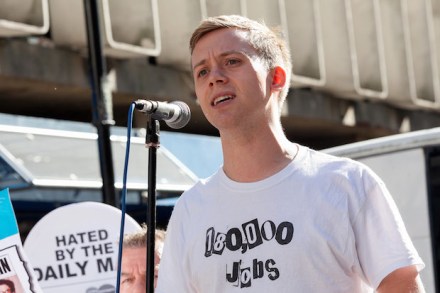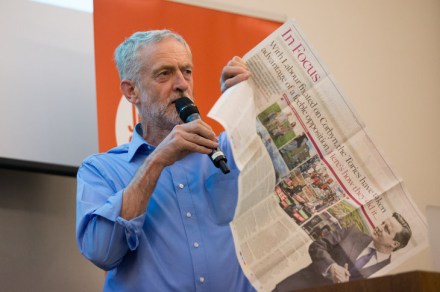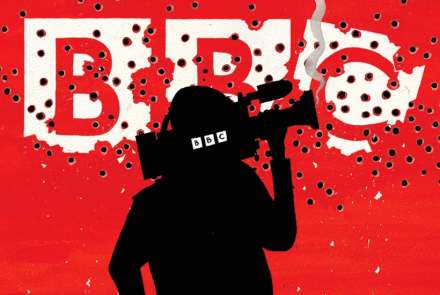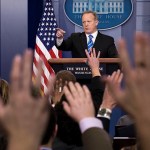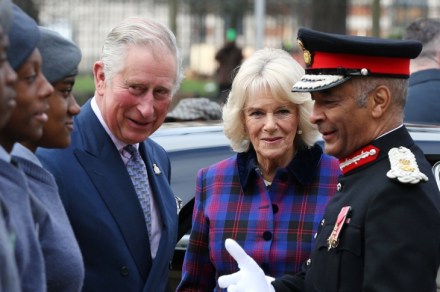Melania stays true to herself
I am not sure that Melania Trump had the introduction of Henry IV Part 2 in mind when she sat down for her free and frank discussion with the jackals of the — er, with a respected ABC correspondent during her recent trip to Africa. But time and again she dilated upon the ‘unpleasant’, erring and intrusive ‘speculation’ of the media. In Shakespeare’s play, the action starts with a warning: ‘Rumour is a pipe/ Blown by surmises, jealousies, conjectures/ And of so easy and so plain a stop/ That the blunt monster with uncounted heads,/ The still–discordant wavering multitude,/ Can play upon it.’ There are a lot of chattering, still




